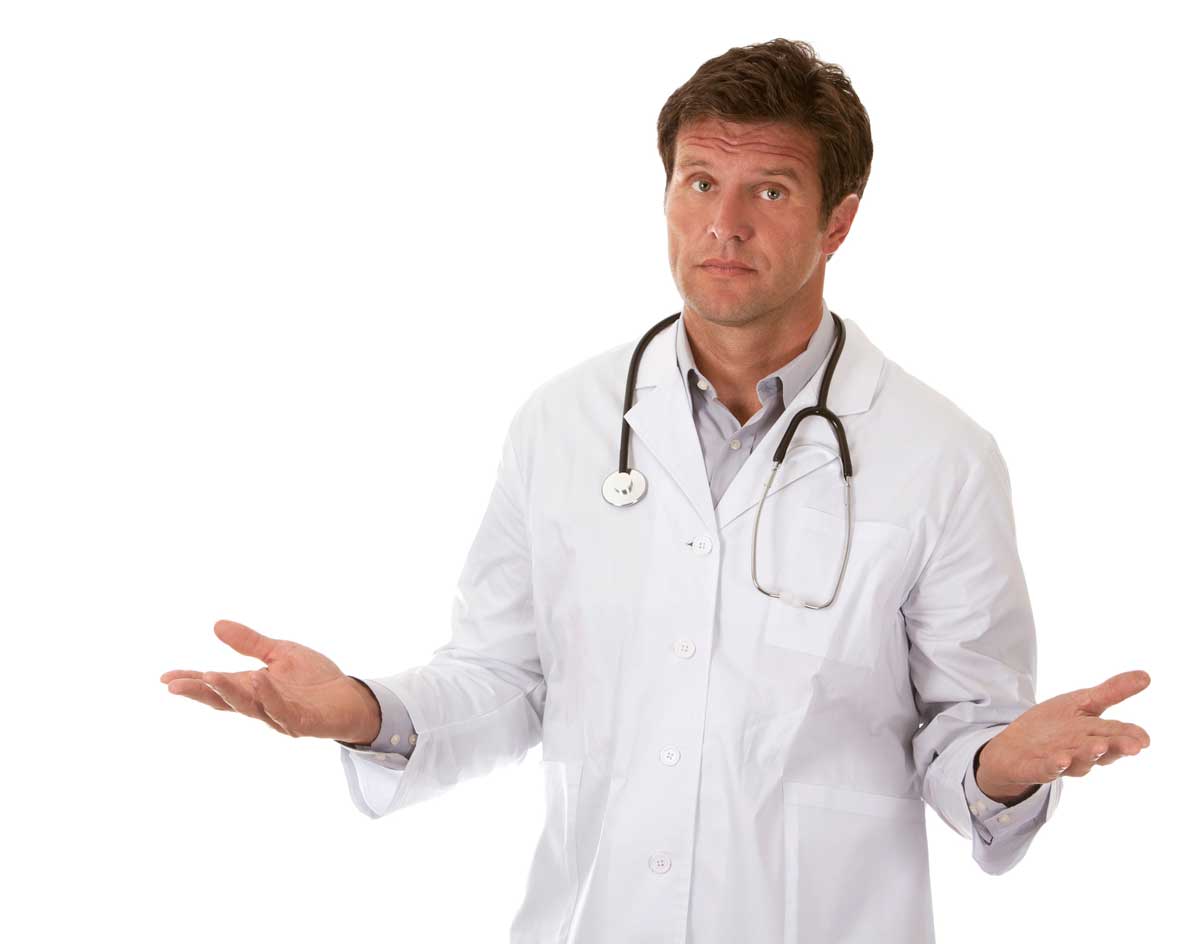WHAT IS DRY EYE?
WHAT IS DRY EYE?

Author: Dr. Leigh Plowman (Optometrist)
Dry Eye — Causes, Symptoms
Dry eye happens when your eyes don’t produce the right amount of tears. This may leave your eyes feeling dry, itchy, sore or watery.
Dry eyes are common. Millions of people throughout the United States suffer from dry eye disease, and it can be chronic. Other people may experience dry eyes after staring at a digital device too long or during allergy season.
No matter what causes your dry eyes. To help you get a better understanding of dry eyes, we've put together this guide to outline the symptoms, and causes.
What Is Dry Eye?
Dry eye happens when your tears can't lubricate your eyes. There are many reasons why your tears may be unstable or inadequate. For example, you may have dry eyes because you can't produce enough tears. Alternatively, you may not produce the right quality of tears.
Eventually, the instability of your tears can lead to inflammation of the surface of your eye. Dry eye can come and go, or it can be a chronic condition that you deal with.
What Are Common Causes Of Dry Eye?
There are several potential causes of dry eye, and each person's triggers are different. Understanding the causes can help you to treat your symptoms.
The most common causes of dry eye include:
- Age - Dry eyes are a natural part of the aging process. Between 5% and 30% of the elderly population aged 65 and older will experience dry eyes.
- Environmental Factors - Exposure to wind, smoke, and dry climates can increase your tear evaporation.
- Staring - If you don't blink normally (e.g. looking at a digital device) it can make your eyes dry out and feel gritty.
- Gender - Hormonal changes due to menopause, oral contraceptive use, and pregnancy make women more likely to develop dry eye.
- Medical Conditions - People who have thyroid issues, diabetes, or rheumatoid arthritis are more prone to having problems with dry eyes. Eyelid inflammation, eye surface inflammation, or your eyelids turning outward or inward can cause you to develop dry eye.
- Medications - Taking certain medications, including antidepressants, blood pressure medications, decongestants, and antihistamines, can reduce your body's natural tear production.
- Other Factors - You can develop dry eyes if you use contact lenses for long periods. Also, refractive eye surgeries like LASIK can contribute to dry eyes due to decreased tear production.

What Are Symptoms of Dry Eye?
Like the causes, there are many symptoms of dry eye. Again, the symptoms will vary from person to person, fluctuating in severity.
Common dry eye symptoms include:
- Blurred vision
- Scratchy, burning, or stinging sensation
- Light sensitivity
- Stringy mucus around or in the eyes
- Redness
- Feeling like something is in your eyes
- Watery eyes
- Difficulty wearing contacts
- Difficulty driving at night
How Is Dry Eye Diagnosed?
You'll start the diagnostic process by scheduling an appointment with an eye doctor. They'll perform a thorough eye exam, which involves looking at the surface of your eye and your eyelids.
They may also ask you to blink. Then, they'll decide what test or tests to use to figure out if you have dry eye or something else. Your doctor may measure the thickness and quality of your tears, and check to see how quickly your body can produce tears.
How Do You Treat Dry Eye?
The treatment process for this condition tries to maintain or restore the normal amount of tears to help lower the discomfort while maintaining your eye health. Dry eyes can be chronic, but your eye doctor can prescribe treatment methods to keep your eyes healthy.
To treat dry eye, they may suggest:
Artificial Tears
You may have to use artificial tears, also known as eye drops, that mimic natural tears. You can use these eye drops as often as you need throughout the day to get relief. Prescription-strength eye drops are available for more severe cases.
Eye Makeup
Skincare or makeup products often get into your eyes and cause dry eyes. Even if you don’t put any products near them. Sweat, gravity or touching your face can move products around.
The products can: clog up the oil glands in your eyes, irritate your eyes or disrupt the normal layer of tears that protect them.
Replacing your skincare and makeup products regularly is important. This helps prevent the build-up of bacteria or debris inside your product containers.
Treating the Culprits
Depending on the root cause of your dry eye issue, the eye doctor may recommend several different treatment options. For example, you could apply warm compresses to your eyes a few times a day, or massage your eyelids.
Don't Suffer With Dry Eye
Dry eye can be debilitating, especially if you have chronic dry eyes. It's a good idea to schedule an appointment with a local eye doctor to get to the root cause of your issues so they prescribe a tailored treatment plan to offer you relief.

Dr. Plowman believes that no-one should suffer alone with dry eyes. Learn more about dry eyes and causes at dryeyedirectory.com.
Learn more about Hypochlorous Acid and Avenova
